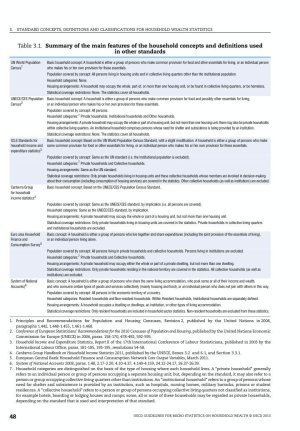I have been exploring the idea that maybe retirement is an outdated concept and we should culturally encourage people not to retire at all.
I disagree. Maybe you will see a different perspective when you're older (which will happen so fast that it will feel like tomorrow.) Most people become disabled at some point in their lives, usually when they are older. A lot of jobs are hard on the body. The mind changes as we age, too. There is a big shift in how our brains work at about age forty, and after that, hormonal changes and other physical changes in the body change brain functions, too, so many people are not well-suited for jobs they once had anymore. I do not mean Alzheimer's or other illnesses, though that is a related topic.
People get fired as they age because they can no longer perform the marathon sessions of fast-paced brain work because the brain naturally evolves into a more community-oriented, teacher, and philosophical mode as we age. Not everyone can be a teacher, though.
On top of this, physical issues like lack of mobility, arthritis, even eyesight, and hearing can contribute to no longer being able to do a job well.
Our country does not have the health and wellness support to sustain a healthy, older work-force. We keep idiotically refusing to have "universal" healthcare and insurance companies won't pay for a lot of preventative medicine. It's like never putting oil in your car and expecting to be able to drive it on a flat tire.
There is also a lack of work-life balance in the United States and a lack of respect for any needs outside of work. We do not receive the health benefits, personal time, wellness time, new parent leave (for both parents), or vacation time that citizens in some other countries receive. We are expected to give everything to our employers.
It's really easy to say we should work all our lives when those jobs are in cushy offices, teaching, or in some laboratories and other romanticized professions where older people don't want to retire, but the majority of people work some kind of labor. Keep in mind, too, that AI is taking over a lot of tech jobs and creative jobs that older citizens would excel at and, while there will be fewer jobs in general due to tech advancements, the majority of the jobs that are left are labor or service-oriented. These are jobs a high percentage of young people can do, but they wear out the body over the decades. They're also not mentally fulfilling. Ask anyone who packs boxes for Amazon. It isn't a job people want to work all their lives.
We need to be more community-oriented and respect and accept all stages of life, roles, and contributions.

